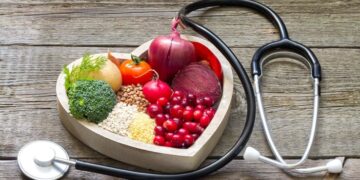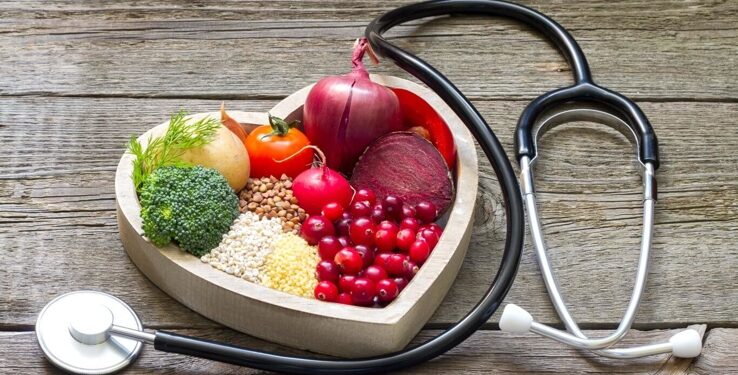By Ebi Kesiena
For many women, the fear of breast cancer is an ever-present concern. It’s a diagnosis that changes lives, not just for the person affected, but for their families and communities. But while we wait for science to provide more definitive answers on prevention, one thing has become increasingly clear: food can play a significant role in reducing the risk of developing breast cancer.
Here are four foods that research suggests can help push away and reduce its occurrence.
1. Broccoli: The Powerhouse of Antioxidants
Broccoli is a well-known member of the vegetable family, celebrated for its cancer-fighting properties. Rich in sulforaphane, a compound that has been shown to target and kill cancer cells, broccoli helps detoxify the body, reducing oxidative stress that can lead to cancerous growths. Including broccoli and other cruciferous vegetables like cabbage in your diet may help lower breast cancer risk by preventing the development of tumors.
2. Berries: Tiny But Mighty
Berries, especially blueberries, strawberries, and raspberries are packed with antioxidants that can slow down the growth of cancer cells. Their high levels of vitamin C and fiber also help keep the body’s immune system strong. Phytochemicals in berries, like flavonoids and ellagic acid, work as anti-inflammatory agents, crucial in the fight against cancer.
3. Salmon: Omega-3 Protection
Fatty fish like salmon are rich in omega-3 fatty acids, which are known to reduce inflammation in the body. Since chronic inflammation has been linked to cancer development, omega-3-rich foods help in reducing that risk. Studies have found that women with higher omega-3 intake have a lower risk of breast cancer, likely due to these fatty acids’ ability to inhibit cancer cell growth.
4. Walnuts: A Crunchy Cancer Fighter
Walnuts are a source of polyphenols and omega-3 fatty acids that contribute to their cancer-preventing potential. Studies show that regular consumption of walnuts can suppress the growth of breast cancer cells, thanks to their combination of healthy fats and antioxidants.
According to Ifeoma, snacking on walnuts became more than just a healthy habit it became part of her prevention strategy after her mother’s battle with breast cancer.
Therefore, by incorporating these foods into your daily meals, you can make proactive steps toward reducing the risk of a disease that touches far too many lives.
































